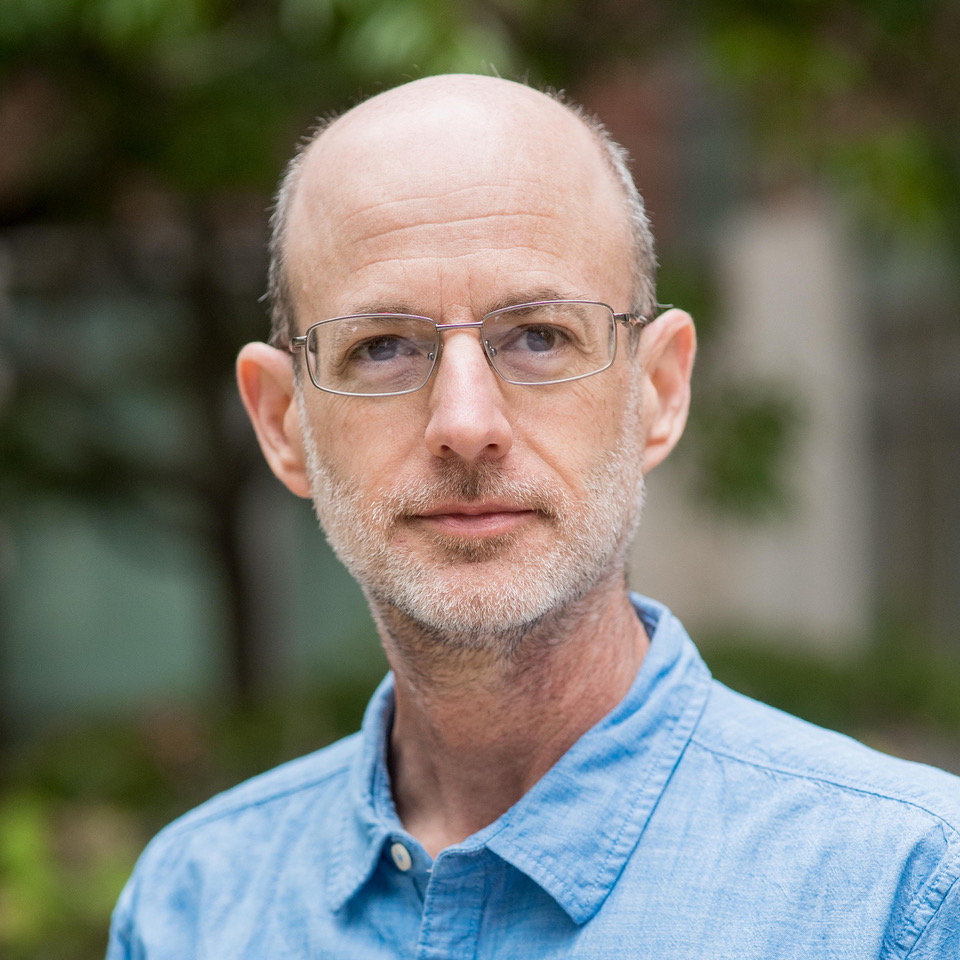
Title: Sustaining research software: Why and How
Abstract: Humanity seeks new knowledge for its own purpose as well as for its potential solution to problems,
situations, and crises, which at large scale, often relies on HPC systems. We want to be able to
verify (or disprove) such knowledge (reproducibility), then build on it (reuse), as simply and as
cost-effectively as possible. In this talk, I will focus on knowledge captured in research software,
which can be both read, executed, and extended. However, software, unlike data, requires ongoing
human activity to fix bugs and to adapt to frequent changes in the software and hardware environment
on which it depends, as well as changing user needs. Software sustainability is the process of
assembling resources and using them to do this work, including through a mix of open source
communities, industrial or government support, and commercialization. This leads to a number of
overlapping challenges and corresponding efforts, including making research software FAIR (findable,
accessible, interoperable, and reusable), publishable, and citable, as well as considering how to
support the human effort needed to maintain and sustain the software, including incentives and career
paths. This talk will highlight some recent activities in these areas, including FAIR for research
software principles, software citation, the Journal of Open Source Software, and software career paths.
Bio: Daniel S. Katz is Chief Scientist at the National Center for Supercomputing Applications (NCSA),
Research Associate Professor in Computer Science, Electrical and Computer Engineering, and the
School of Information Sciences at the University of Illinois Urbana-Champaign. His interest is
in the development and use of advanced cyberinfrastructure to solve challenging problems at
multiple scales, including in applications, algorithms, fault tolerance, and programming in
parallel and distributed computing, and in policy issues, such as citation and credit mechanisms
and practices associated with software and data, organization and community practices for
collaboration, and career paths for computing researchers. He is a senior member of the IEEE and
ACM, member of the IEEE Computer Society Board of Governors, founding editor and current Associate
Editor-in-Chief of the Journal of Open Source Software, co-founder and Steering Committee Chair
of the Research Software Alliance (ReSA), and co-founder and steering committee member of the US
Research Software Engineer (US-RSE) Association.